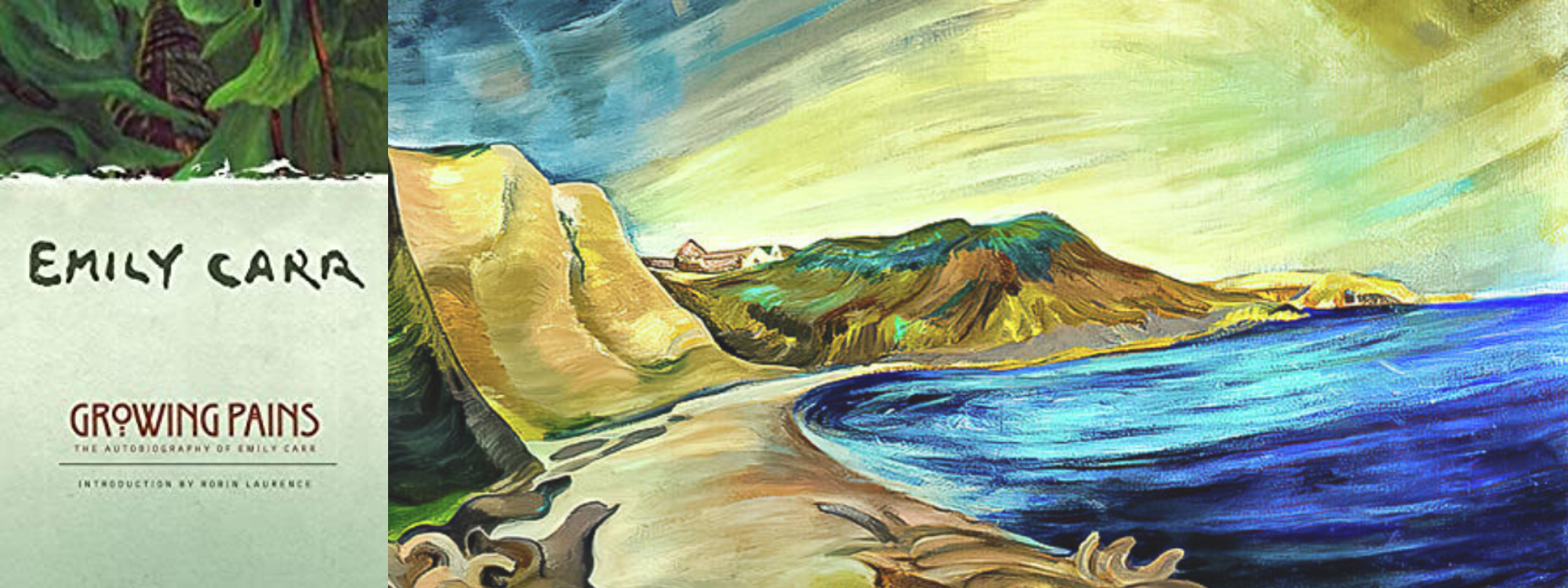Turmoil, crowding, too many people, too little air, was hateful to me. I ached with homesickness for my West though I shook myself, called myself fool. Hadn’t I strained every nerve to get here? Why whimper?
Aunt Amelia’s mock-genteel PG’s galled me at every turn—high-bridged noses, hard, loud, clear voices, veneering the cold, selfish indifference they felt for each other with that mawkish, excessive “dearing”. My turbulent nature was restive to be at work; it made me irritable and intolerant. Miss Green suggested the British Museum as a sedative.
To the British Museum I went and loathed it—the world mummified. . . . No matter which turn I took I arrived back in the mummy-room, disgusting human dust swaddled in rags, dust that should have been allowed centuries back to build itself renewingly into the earth. The great mummy halls stank of disinfectants. Visitors whispered and crept. . . . Place of over-preservation, all the solemnity choked out of death, making curiosity out of it, prying, exposing, indecent.
Miss Green said, “The British Museum is marvellous, is it not, my dear?”
“It’s disgusting!—Good decent corpses for me, Miss Green, worms wriggling in and out, hurrying the disagreeables back to dust, renewing good mother earth.”
Aunt Amelia screeched, “My dear, you are revolting!”
Recoiling from mummies I turned to parsons. Our clergyman at home had given me two introductory letters to brother clergy—his own particular brand—in London’s suburbs. One had a fancy name, the other was Rev. John Brown who lived at and parished in Balham. Balham was two hours out of London by train. In the same suburb I had been commissioned by a Victoria widow to call on her well-to-do sister-in-law. The widow’s husband had just suicided and left his family in difficult financial circumstances. I was to furnish the well-to-do “in-law” with the distressing particulars and hint at the straitened circumstances facing the widow.
The sister-in-law received me in a hideous drawing room. She rustled with silk from the skin out, and served tea, very strong, together with plum cake as black and rich as bog-earth. She said, “To suicide was very poor taste, especially if you had not first made comfortable provision for your family.”
Then at my request she directed me to the residence of the Rev. John Brown.
I meandered through paved suburban streets that called themselves “groves”, and along “terraces” sunk below ground level, and “crescents” that were as straight as knitting needles.
A slatternly maid, very frilly as to cap and apron, said, “Wite ’ere,” and took my letter into a room where tea cups clattered. After a pause the Reverend came out holding my opened letter. He snapped his reading glasses into their case and adjusted a dangling pince-nez to his nose and looked me over from hat to shoes.
“What is it you want me to do for you, young woman?”
I felt myself go scarlet.
“Nothing! Nothing at all, sir! I had to come because our home parson would have been mad if I hadn’t! They’d have fussed if I had not promised—my people I mean.”
I rushed towards the door.
“Stop!”
His roar was as if he were thundering “amen” over a huge congregation. Again he changed glasses, scrutinized me and re-read my letter.
“You’d better have a cup of tea and meet my wife.”
He said it ponderingly as if wondering if I would pour my tea into the saucer and blow it.
“I have had tea, thank you.”
“But you have not met my wife.”
He gestured me into the drawing room with furious authority. A voice, submerged in the vagueness that comes of deafness, called, “John, dear, your tea is getting cold. I’ve sugared it.”
“My dear,” he waited for her to adjust the tin ear-trumpet and close her eyes against the impact of his bellow . . . “Canadian, my dear!”
His shout must have filled the trumpet to make her realize that I was standing in front of her. He took her hand and held it out, at the same time tapping the side of the trumpet sharply.
Mrs. Reverend Brown winced, her mild, kind eyes smiled into mine, while she prepared for me a cup of tea, lavishly sugared. The Reverend then began to fire statistic questions at me, roaring them in duplicate into the trumpet.
I did not know the population of Ontario, nor how many cases of salmon British Columbia shipped in export each year. He began to look suspicious, then bellowed his final test watching my face narrowly.
“You have heard my brother, the Reverend Samuel Brown, preach in Chicago?”
“I have never been in Chicago.”
“What! So few cities of importance in America and not know Chicago! Every American should be familiar with such cities as they have.”
“But I do not live in America. I am Canadian.”
“Same thing, same continent!”
Now he knew I was an impostor.
“You have finished your tea?”
He rose, took my cup, glanced towards the door.
I rushed back to London, burned the balance of my letters of introduction.




0 comments